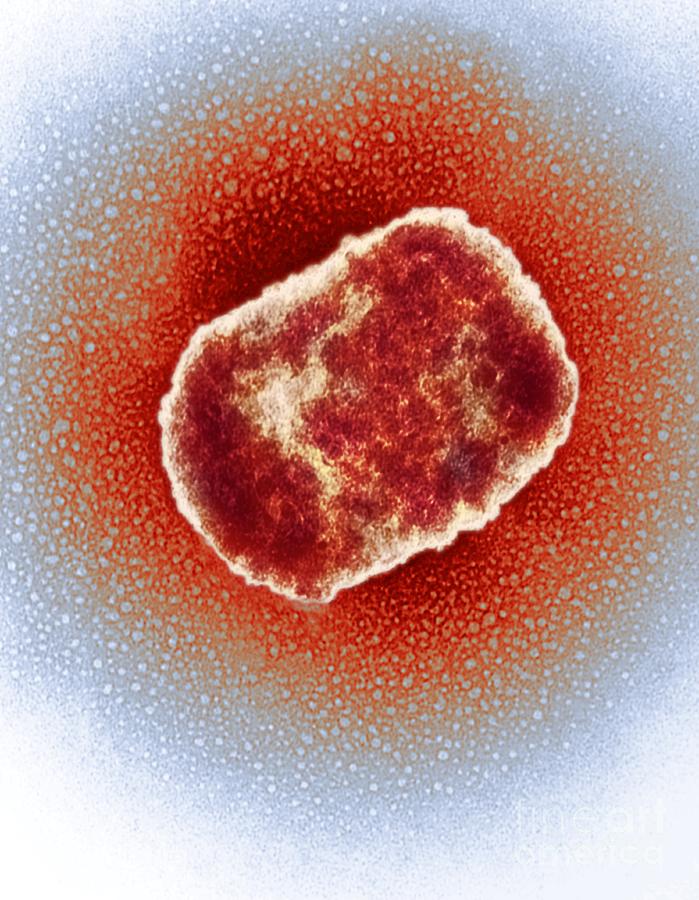‘Monkeypox’ to be Renamed Amidst Concerns of Stigma and Racism it.
The World Health Organisation (WHO) will officially rename Monkeypox, following concerns about stigma and racism surrounding the virus which has allegedly infected over 1600 people in more than two dozen countries.
Monkeypox in the UK
Although more people have been diagnosed with it recently, only a small number of people in the UK have had Monkeypox and the risk remains low. It is extremely unlikely to catch Monkeypox without close contact, such as touching the skin or sharing bedding with someone who has Monkeypox symptoms, and not recently having travelled to west or central Africa. Anyone can catch the virus but the NHS states that, “Currently most cases have been in men who are gay, bisexual or have sex with men, so it's particularly important to be aware of the symptoms if you are in these groups.”
Since the Covid-19 ‘pandemic’ and the controversy surrounding many issues, such as vaccinations, isolation and lockdowns it seems inevitable that similar will happen with any future topical diseases which, for whatever reason become prevalent in the news. Everyone has their own views on the Covid-19 situation and the responses, interventions and restrictions put in place by governments around the world and particularly our own in the UK. Connotations around the virus itself have become a stigma in many situations and any mention of where a disease is thought to have originated could be classed as racially motivated by those who, again for whatever reason, prefer to see it that way.
Why the name change?
International scientists have last week said that the Monkeypox label is discriminatory and stigmatising, and that there is an “urgent” need to rename it as the current name doesn’t fit with WHO guidelines which recommend avoiding geographic regions and animal names. This proposal is reminiscent of when the WHO quickly moved to rename SARS-CoV-2 (Covid-19) after people around the world referred to it as the ‘Chinese’ or ‘Wuhan virus’, before an official name was designated.
The actual animal source of Monkeypox, which has been found in a wide variety of mammals, is still unknown however, and in the context of a global outbreak, and continued reference to this virus being African, is said to be not only inaccurate but also discriminatory and stigmatising. The WHO is therefore consulting experts in orthopox viruses, the family to which Monkeypox belongs, on more appropriate names. Joint recommendations from the WHO, the World Organisation for Animal Health, and the Food and Agriculture Organisation of the United Nations, are that other disease names which are counter to the guidelines include swine flu. Diseases, they state, should be named with the aim of minimising negative impact, and “avoiding causing offense to any cultural, social, national, regional, professional or ethnic groups.” Perhaps the World Health Organisation should have thought of this before discussing it in such terms in the first place. It hardly seems likely now that the word 'Monkeypox' has been circulated across the world, for which the media and social networks might be blamed, that any name change by authorities will have any effect on how the general public will refer to the virus and its consequences in everyday conversation. We have talked of ‘bird flu’ ‘bat flu’ and ‘swine flu’, as mentioned, for long enough to not bother distinguishing between Influenza A, (which circulates in ducks, chickens, pigs, whales, horses, seals and cats, as well as humans) and Influenza B viruses (which circulate widely only amongst humans.)
Incredibly, despite the experience of Covid-19 over the last three years or so, the WHO doesn't appear to be aware of how quickly and easily language evolves and remains amongst us, whether it be in all seriousness or 'jest'. If anyone appears to have the symptoms of Monkeypox no doubt we will continue to remark that we have probably caught it.
Whether this is stigmatising, racist or not, the decision will be left to the world’s ‘authorities’, with whom many of us have little faith or trust left.

Monkeypox Virus Particle, Tem is a photograph by Centre For Infections/public Health England which was uploaded on December 15th, 2014.
Monkeypox Virus Particle, Tem
Monkeypox virus (MPV) particle, coloured transmission electron micrograph (TEM). Each particle is composed of a DNA (deoxyribonucleic acid) genome... more



Comments